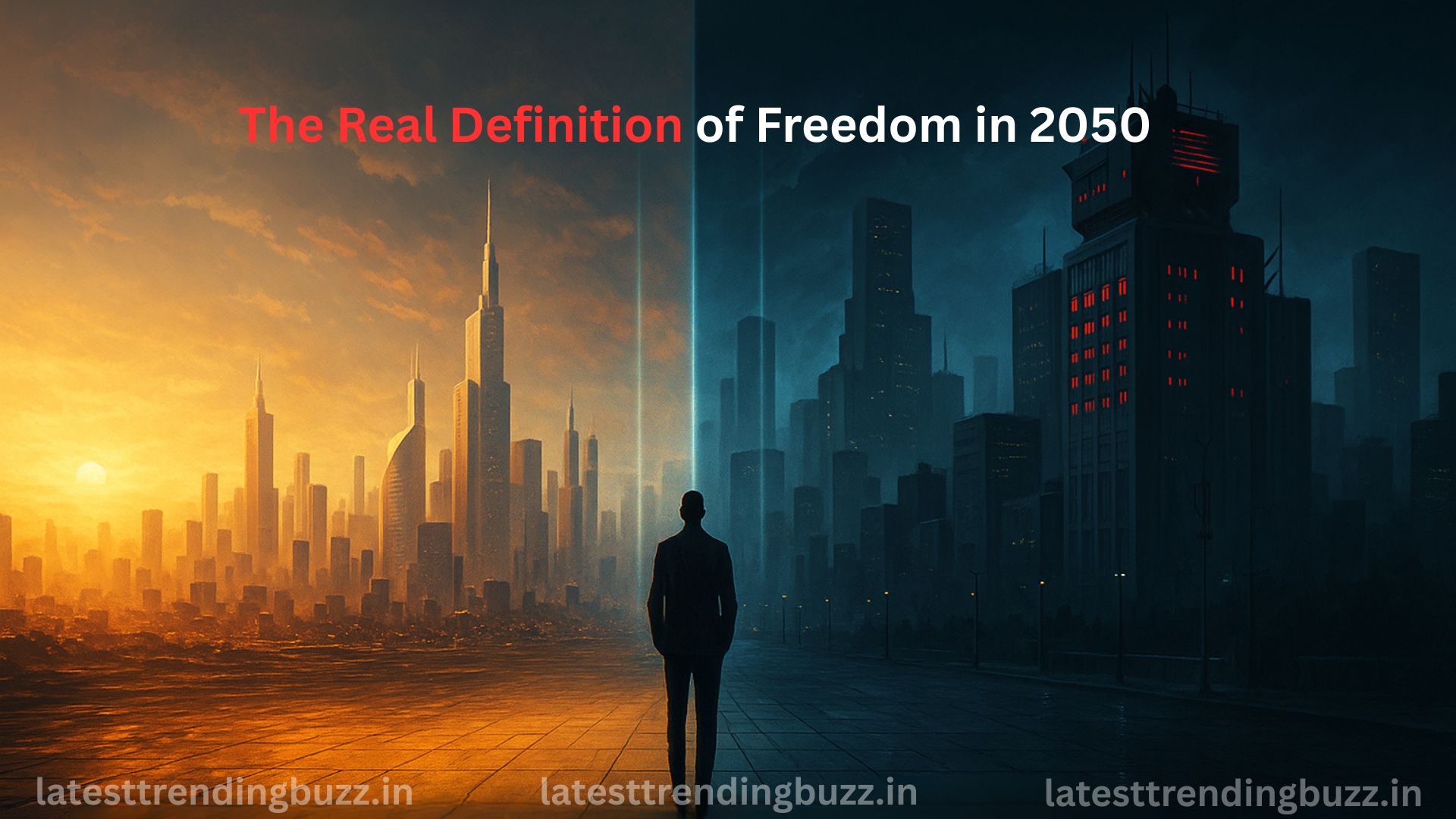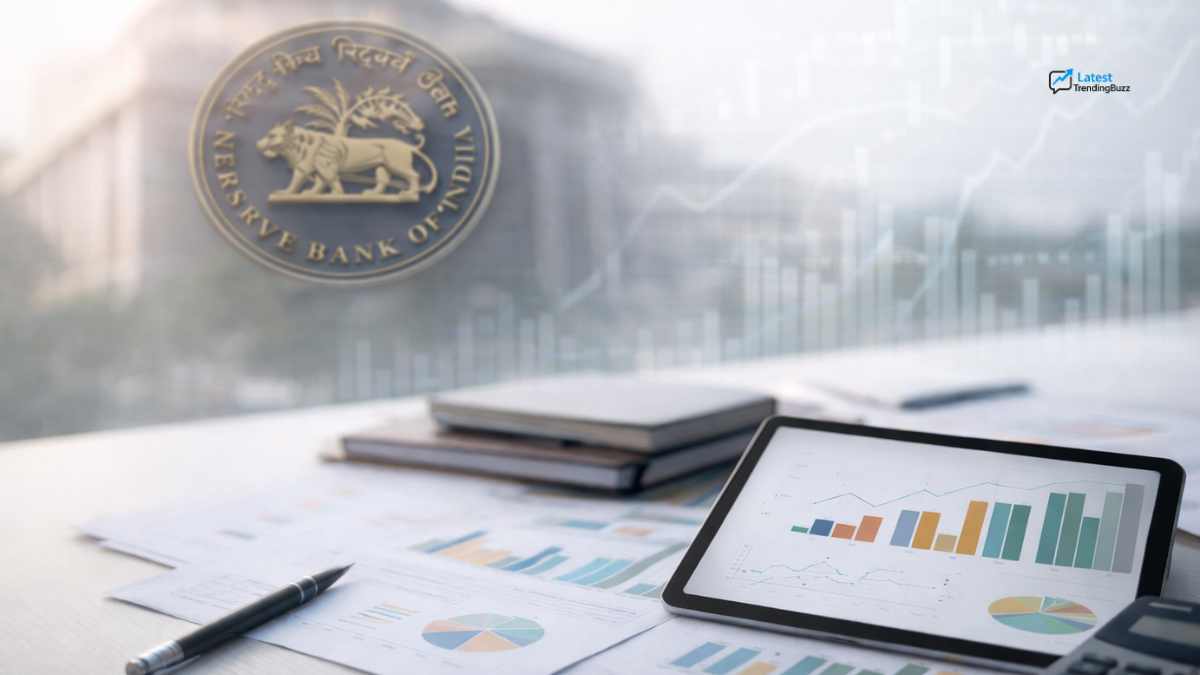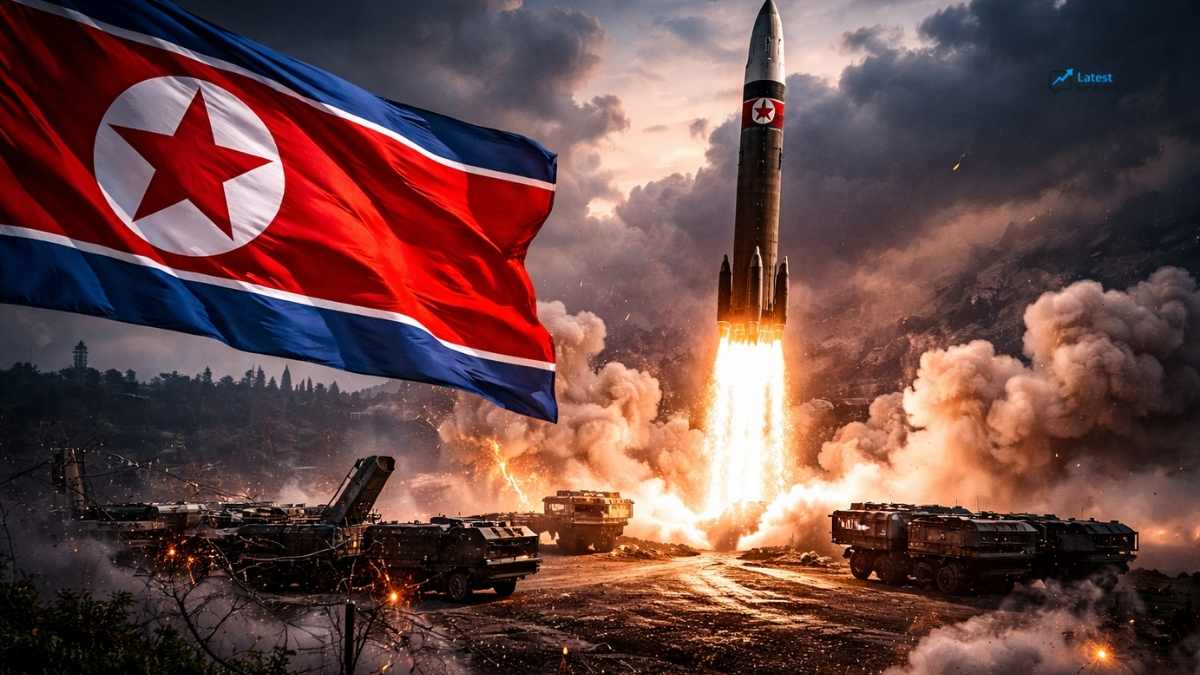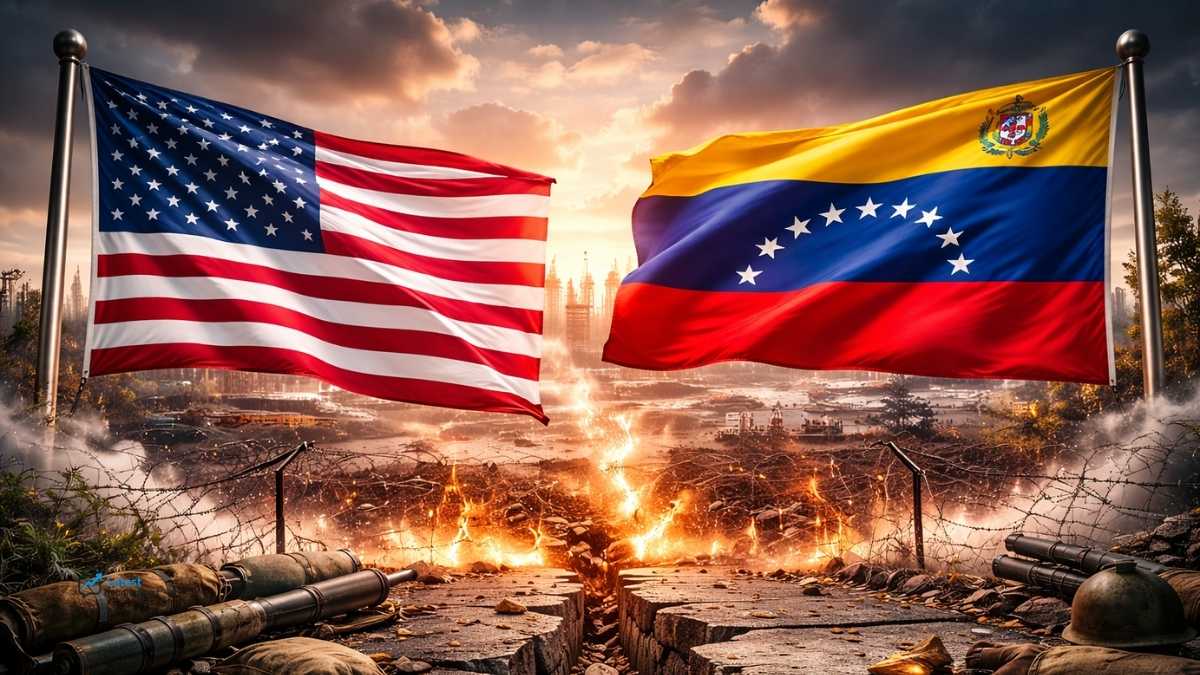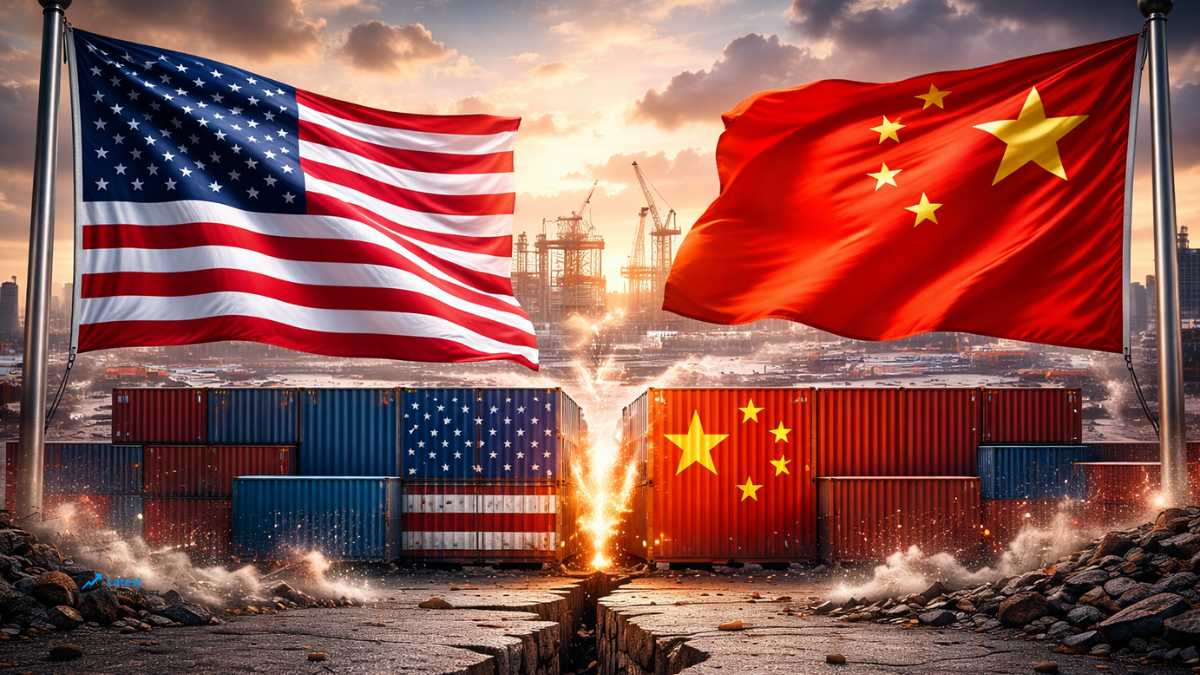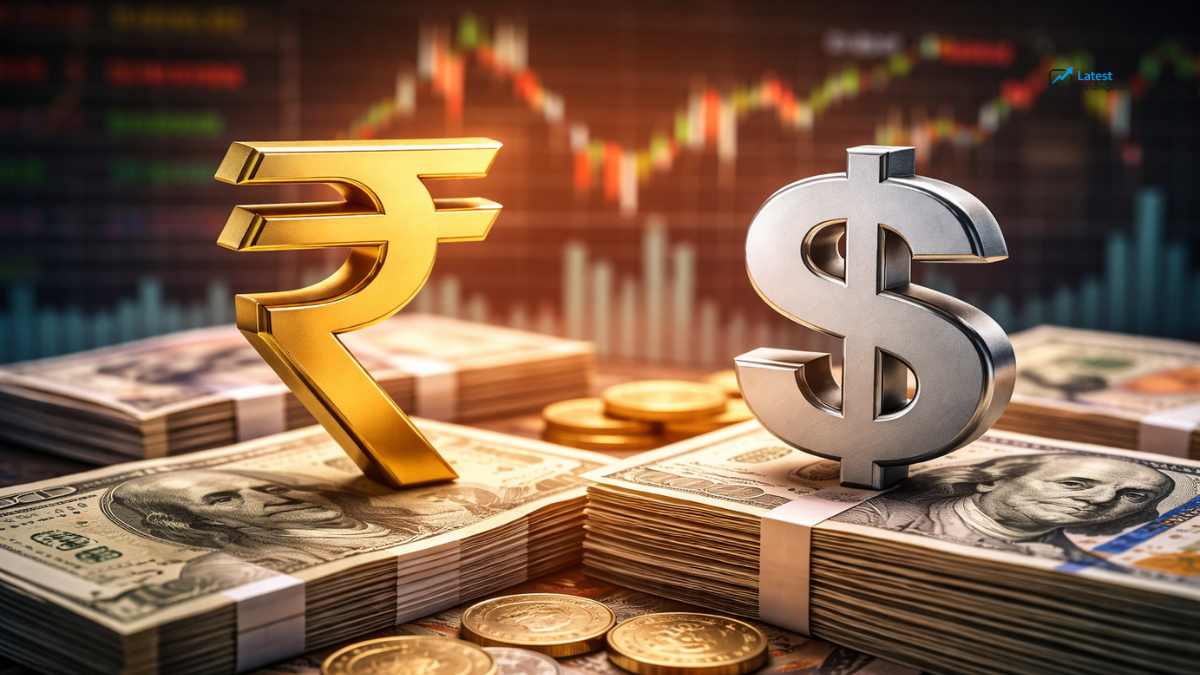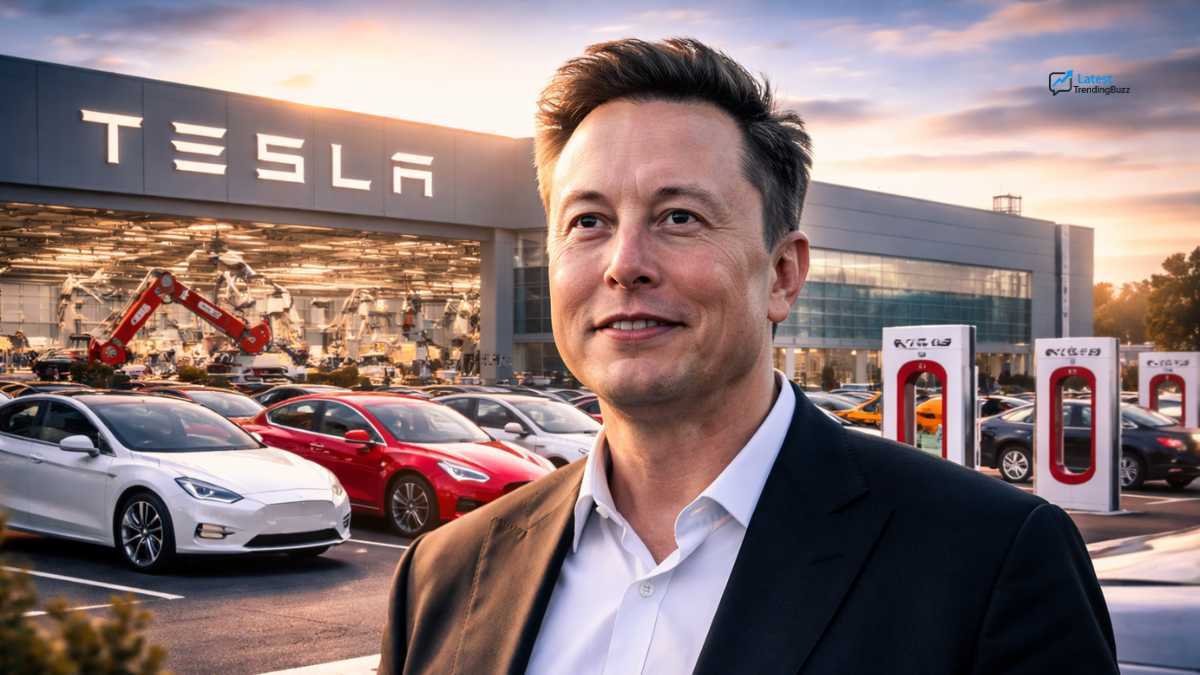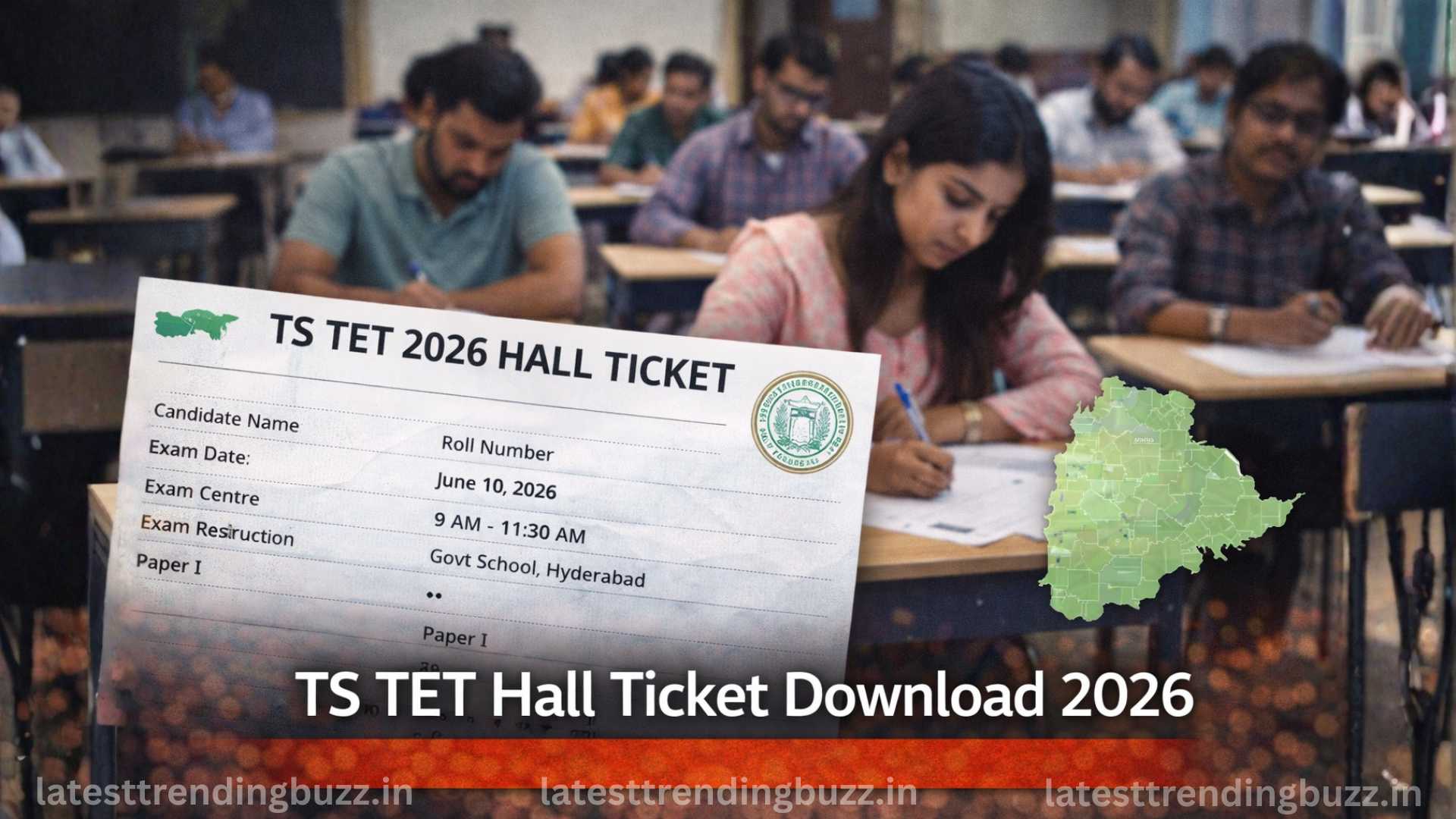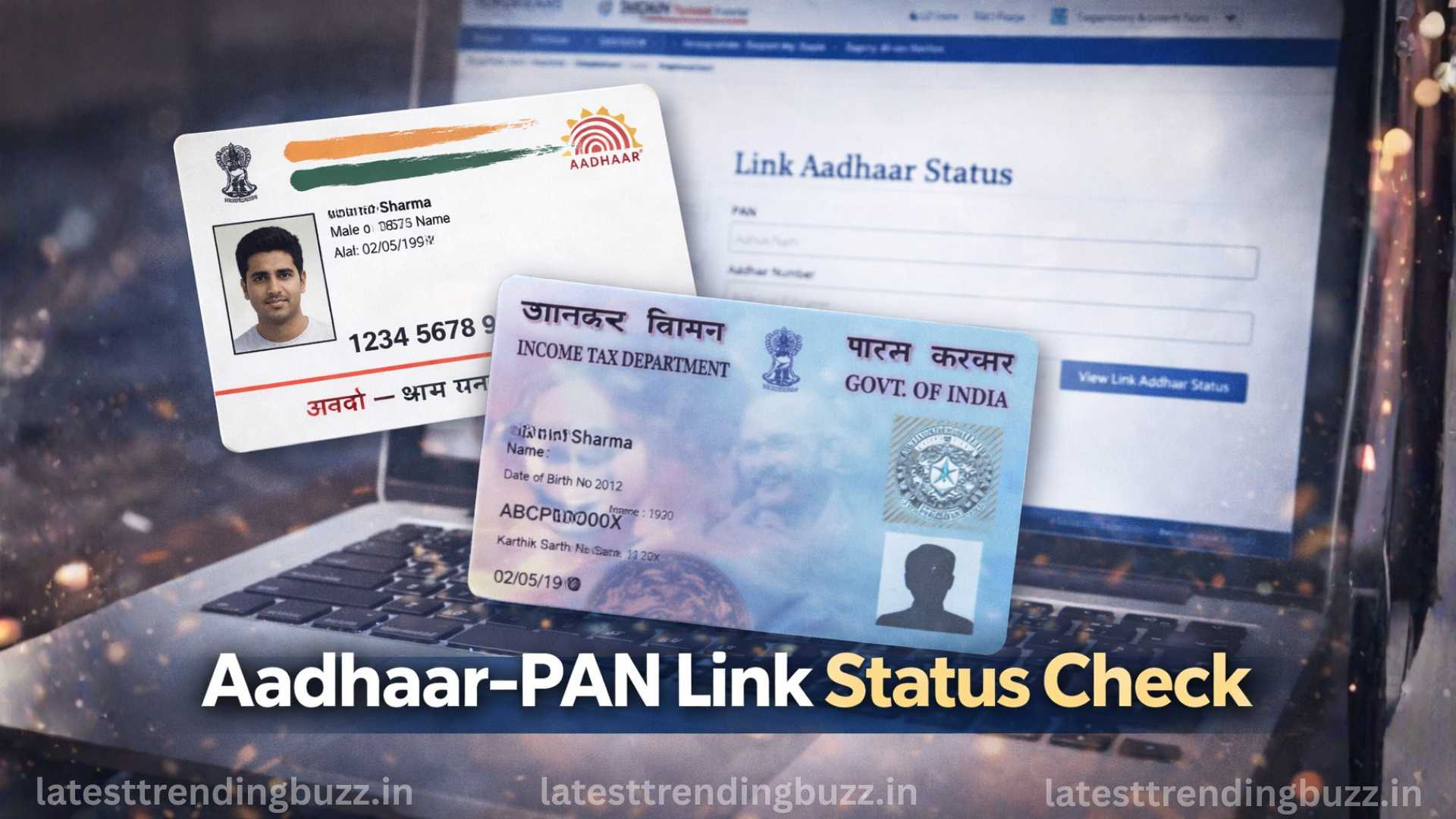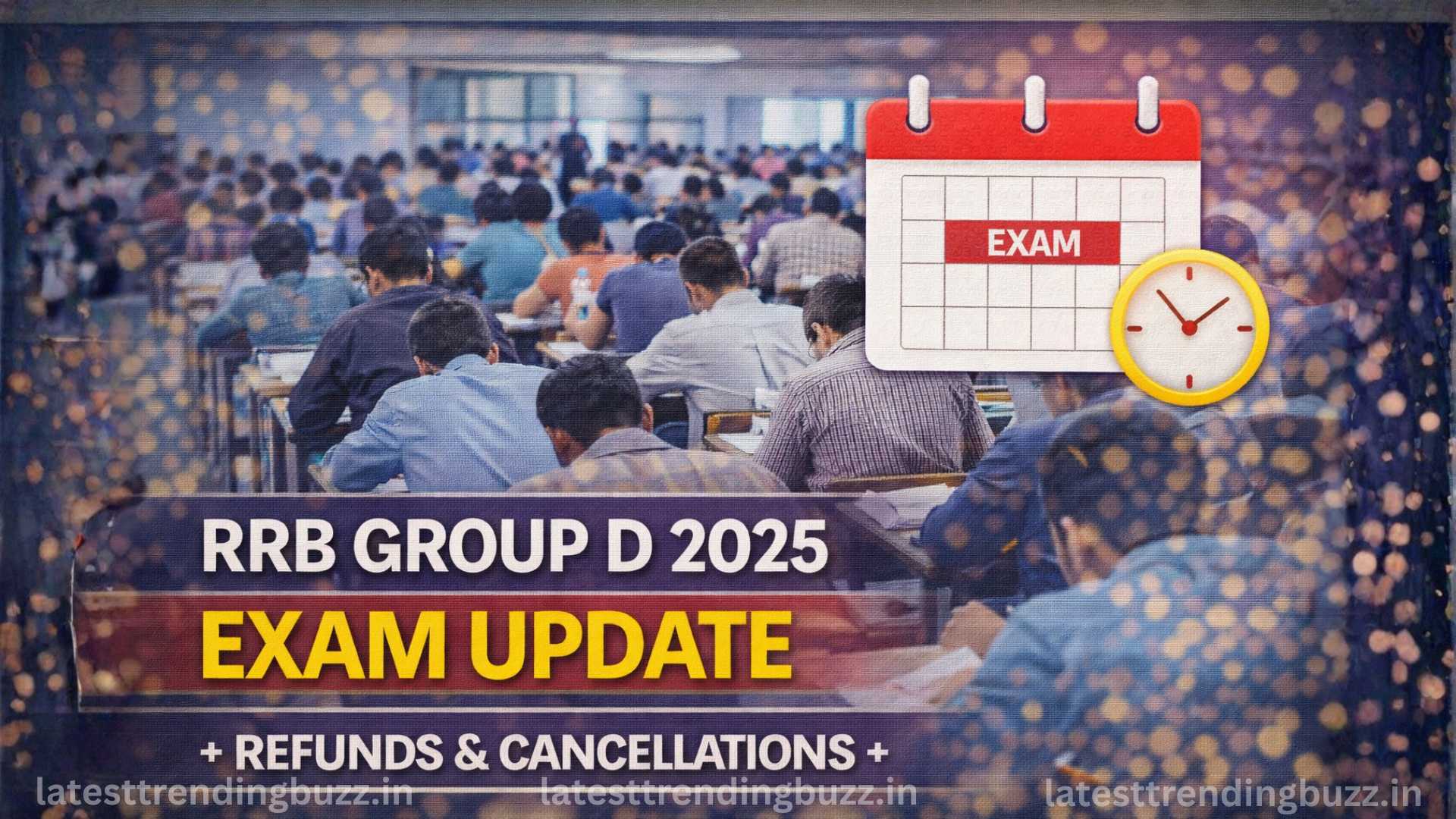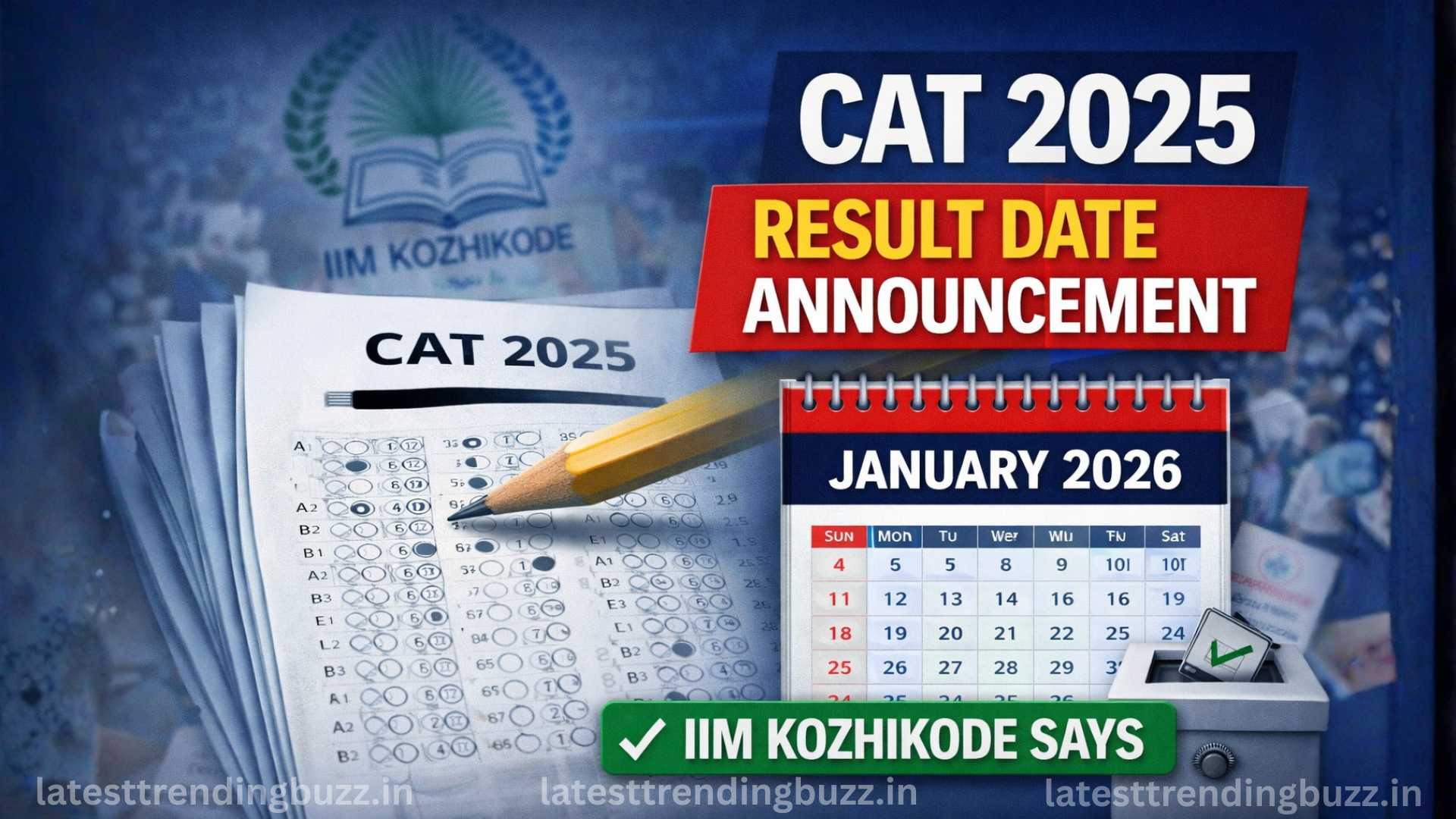We used to think freedom meant doing what we want.
But what happens when every choice, thought, and emotion is shaped by algorithms?
Welcome to the future — where The Real Definition of Freedom in 2050 may not be about laws or governments, but about data.
In a world where AI predicts your desires before you know them, can you still call your decisions “free”?
That’s the uncomfortable truth we must face.
Redefining Freedom in a Digital World
Freedom has always evolved.
For centuries, it meant independence from kings, empires, and control.
In the 21st century, it shifted to personal liberty — speech, movement, expression.
But in 2050, The Real Definition of Freedom in 2050 will be measured in data autonomy.
Who owns your identity, your emotions, and your digital twin?
That will decide whether you’re free — or just another algorithmic product.
The AI Paradox: When Machines Dictate Choices
By 2050, artificial intelligence will run most aspects of life — from healthcare to elections.
AI will know your preferences, habits, and fears better than you do.
But when a system can predict your next move with 99% accuracy, is the remaining 1% still “freedom”?
That’s the heart of The Real Definition of Freedom in 2050 — understanding whether predictability erases free will.
When everything you do is suggested, optimized, or ranked by a machine, freedom becomes an illusion disguised as convenience.
Digital Surveillance: The Price of Safety
Governments worldwide are quietly merging security with surveillance.
Under the banner of “protection,” digital IDs, AI cameras, and predictive policing track every citizen’s movement.
By 2050, experts estimate that 95% of public life will be monitored by real-time AI analytics.
That’s when The Real Definition of Freedom in 2050 becomes a moral battlefield — between collective safety and individual privacy.
We’ll have to ask ourselves:
Is a society without crime worth a society without secrets?
Also Read: What If Humans Stopped Talking for a Year — Would We Evolve a New Form of Communication?
The Subtle Tyranny of Algorithms
Freedom today is filtered through feeds.
You think you’re choosing what to watch, read, or believe — but algorithms decide what you see.
By 2050, these algorithms will evolve into personal AI curators, deciding which “truths” reach you.
When the information you receive is personalized, so is your reality.
That’s the quiet danger of The Real Definition of Freedom in 2050 — control without coercion.
You won’t be silenced by censorship; you’ll be distracted by design.
Genetic Freedom: The Next Frontier
By 2050, humans won’t just edit data — we’ll edit DNA.
CRISPR and biogenetic engineering will allow parents to customize intelligence, strength, and emotional capacity.
It sounds empowering, but here’s the ethical twist:
When we can design humans, who decides what’s “better”?
Will freedom include the right to stay imperfect?
Or will nature itself become regulated?
The Real Definition of Freedom in 2050 will extend to our biology — the right to remain natural in an engineered world.
The Neuroscience of Control
Neural implants and brain-AI interfaces will blur the line between thought and technology.
Imagine a world where your brain connects directly to the internet — your ideas translated instantly into action.
Freedom of thought?
It might become freedom of data processing.
That’s why The Real Definition of Freedom in 2050 may depend on cognitive sovereignty — the right to control your mind’s interface.
Because once thoughts can be hacked, freedom ends before speech begins.
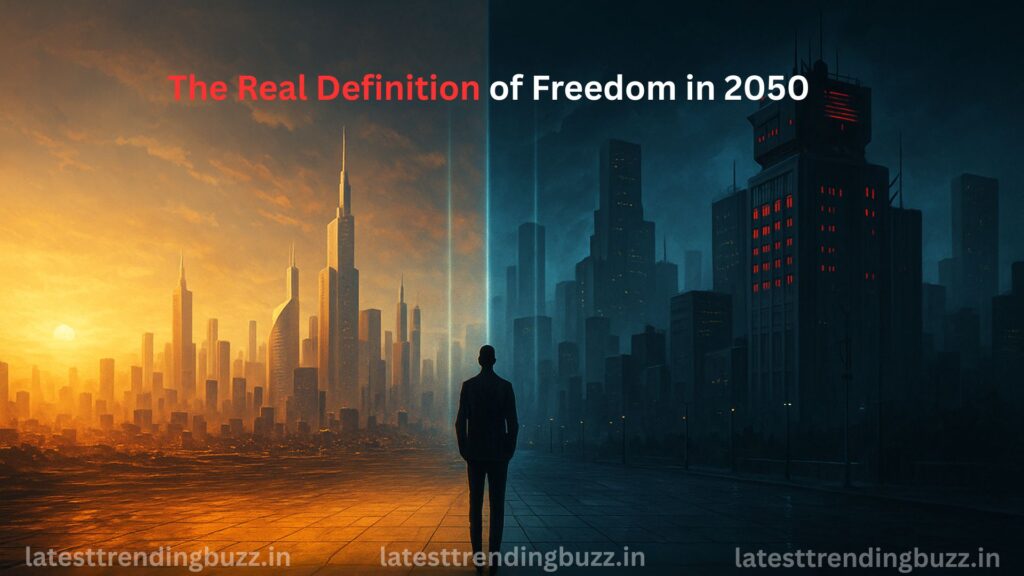
India’s Perspective: Freedom in the World’s Largest Democracy
India’s story of freedom has always been unique — from colonial liberation to digital revolution.
By 2050, India will lead one of the world’s largest AI-driven democracies.
But democracy powered by algorithms risks turning into digital feudalism.
Key questions India will face include:
- Who owns citizens’ data?
- Can elections remain free if influenced by AI narratives?
- How can we preserve dissent in an automated society?
In the Indian context, The Real Definition of Freedom in 2050 won’t just be about independence — it will be about intellectual sovereignty.
Psychological Freedom: Escaping the Attention Trap
In the age of endless notifications, the human mind is the new battlefield.
Your attention is the most valuable currency — and every app is designed to capture it.
Freedom, therefore, will no longer mean “having time,” but controlling time.
Who controls your attention controls your choices, emotions, and beliefs.
By 2050, The Real Definition of Freedom in 2050 will involve digital mindfulness — the ability to disconnect without disappearing.
Also Read: The Dark Truth About Artificial Intelligence: Why Machines Might Already Be Self-Aware
The Three Dimensions of Future Freedom
- Physical Freedom: Movement, expression, and privacy in real space.
- Digital Freedom: Ownership of data, identity, and digital presence.
- Mental Freedom: Independence from algorithmic manipulation and AI influence.
To stay truly free, all three must coexist — lose one, and freedom collapses.
That’s the uncomfortable symmetry of The Real Definition of Freedom in 2050 — it’s no longer granted by governments, but guarded by individuals.
The Ethical Dilemma: Freedom vs. Harmony
What happens when personal freedom disrupts social stability?
By 2050, societies may trade privacy for peace, liberty for convenience, and autonomy for automation.
Freedom may no longer mean doing what you want — but doing what’s allowed by systems built for the “greater good.”
That’s where The Real Definition of Freedom in 2050 becomes fragile — freedom will exist, but only for those who can afford it.
Can AI Ever Understand Human Freedom?
AI may simulate freedom — but it cannot feel it.
Freedom is an emotional construct, born from struggle and choice.
If machines run our laws, our media, and even our emotions, what happens to free will?
By 2050, the ultimate question will be:
Can humanity coexist with intelligence that knows us better than we know ourselves — without losing ourselves?
That’s the existential dilemma behind The Real Definition of Freedom in 2050.
The Future of Freedom: 3 Possible Scenarios
1. The Algorithmic Utopia
AI governs fairly, eliminating corruption and inequality — but individuality disappears.
Freedom exists as efficiency, not emotion.
2. The Digital Divide
The elite control access to data privacy; the rest live in monitored comfort.
Freedom becomes a privilege, not a right.
3. The Conscious Revolution
Humans awaken to the illusion of digital control, reclaiming autonomy through awareness, decentralized systems, and ethical AI.
Freedom evolves — not as escape, but as understanding.
India’s Role in Redefining Freedom Globally
By 2050, India could lead the world in shaping ethical digital democracy.
The country’s strength lies in its diversity — voices, beliefs, and contradictions that resist uniformity.
If India balances innovation with inclusion, it could define The Real Definition of Freedom in 2050 — where humanity, not technology, remains the center.
That’s the hope — that freedom won’t die; it will evolve.
Conclusion: The Last Human Liberty
Freedom isn’t disappearing — it’s changing shape.
The Real Definition of Freedom in 2050 will no longer be about laws or governments — it will be about consciousness.
The freedom to think freely, choose independently, and disconnect intentionally.
Technology may connect every device, but freedom will depend on our ability to disconnect from control.
Because in 2050, the ultimate act of rebellion won’t be protest — it will be privacy.
FAQs
1. What does “The Real Definition of Freedom in 2050” mean?
It explores how freedom evolves as AI, surveillance, and technology dominate human life.
2. Will freedom still exist in 2050?
Yes — but it may exist digitally or consciously rather than physically or politically.
3. What’s the biggest threat to freedom in the future?
Loss of privacy, algorithmic manipulation, and the illusion of choice.
4. How can we protect freedom in 2050?
By demanding transparency in AI systems and controlling our data.
5. What role will India play?
India’s democratic and ethical frameworks could redefine global digital rights and human liberty.
Disclaimer
This article is for educational and analytical purposes.
Insights about The Real Definition of Freedom in 2050 are based on emerging technology forecasts, sociological models, and current policy trends as of 2025.

